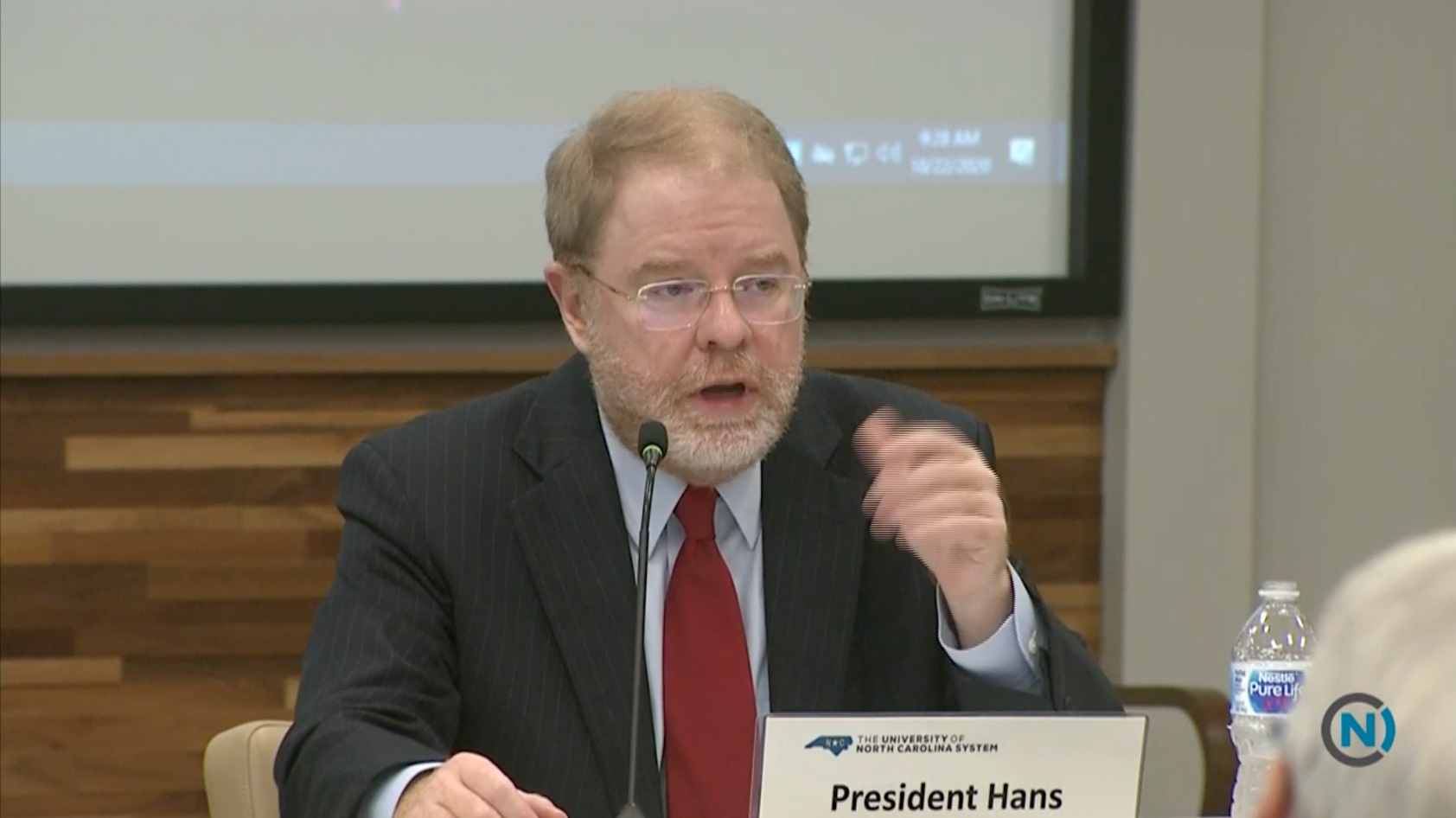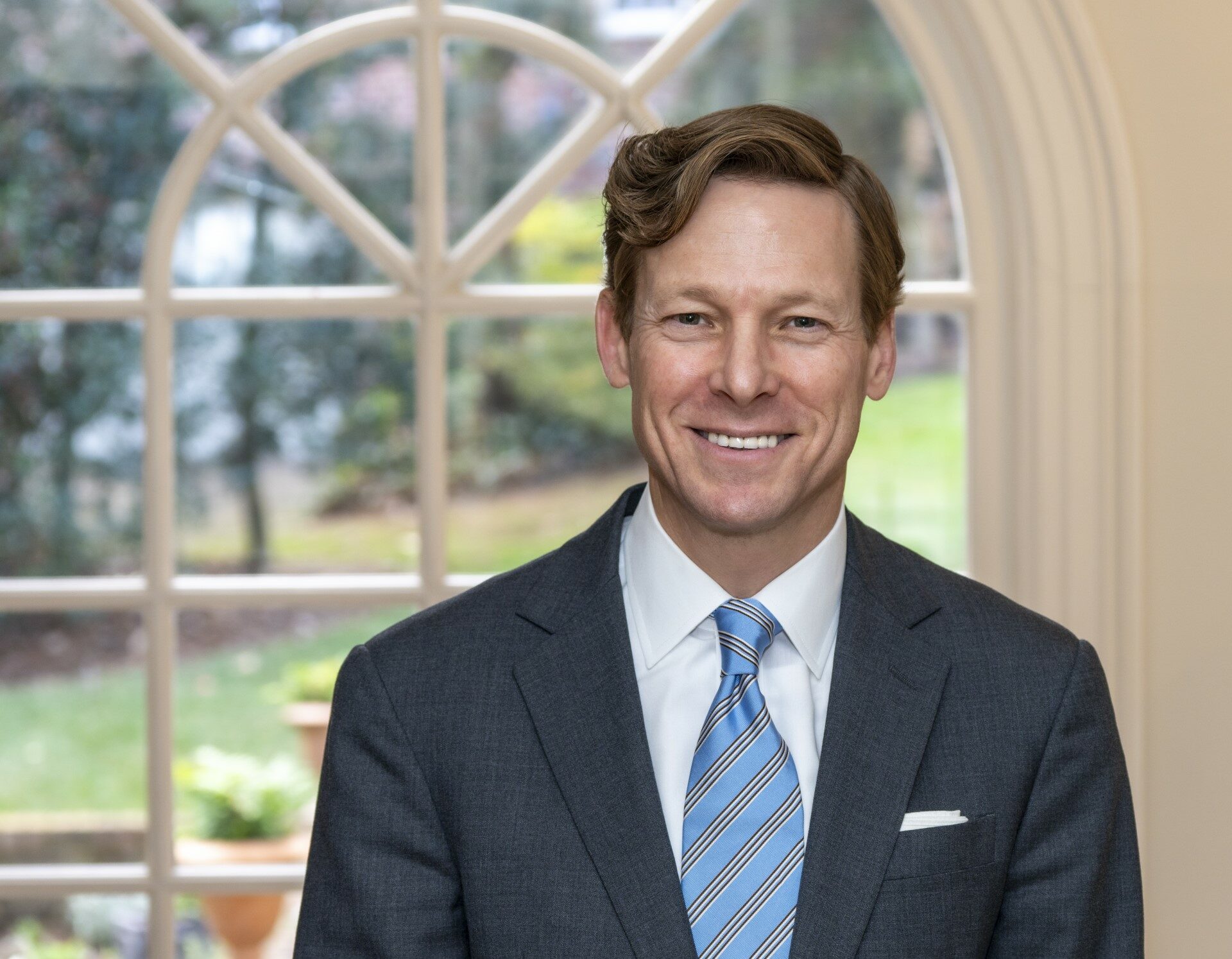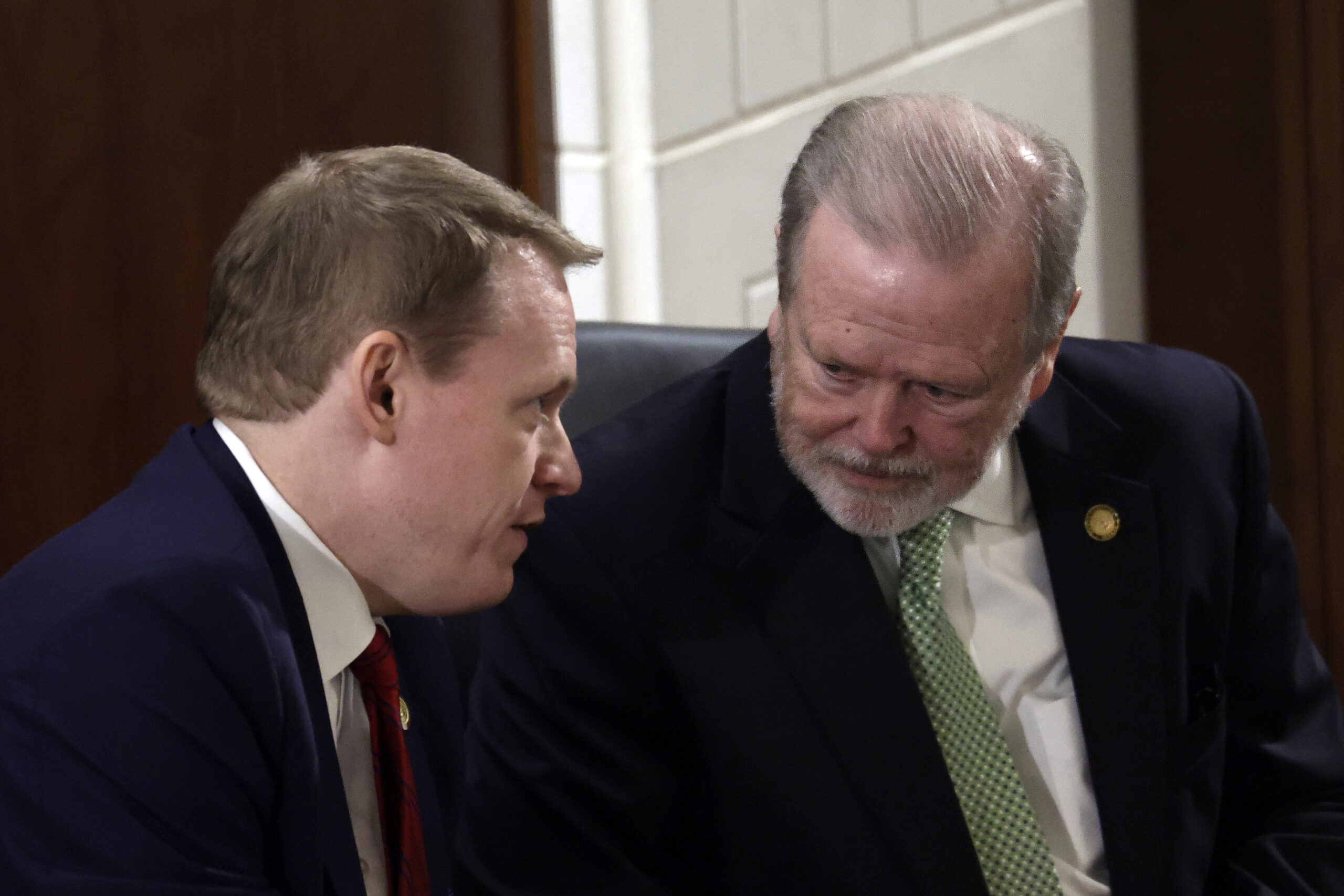The UNC System repealed its policy on diversity and inclusion on Thursday, as the statewide university system made the latest move to scale back diversity, equity and inclusion efforts in higher education.
The Board of Governors approved the change as part of its consent agenda during its full 24-person board meeting Thursday morning, sending through a policy that was discussed only a few minutes by its Committee on University Governance in April. The measure favors the phrasing of “equality” over “diversity and inclusion,” as the policy previously passed in 2019 stated — and defined its mission as making all people “invited, included, and treated equally” while maintaining “equality of all persons and viewpoints,” among other things.
Two of the UNC System governors, Joel Ford and Sonia Phillips Nichols, chose not to vote on the consent agenda and later clarified they wanted their votes to be recorded as ‘no.’
The move follows an ongoing, nationwide trend of eliminating initiatives explicitly categorized as diversity, equity and inclusion (DEI) efforts. The North Carolina public university system now joins several other states with Republican-majority legislatures who have targeted such initiatives under the justification of DEI either being political in nature or unnecessary based on existing inclusion efforts. Opponents have called the changes politically motivated and meant to lessen Black or minority representation in campus life or operations.
UNC System President Peter Hans said during Thursday’s meeting he sees the change as important for institutional neutrality, adding he believes that university campuses should be a place for students and faculty to debate identity, ideology, and complex issues while administrators should “stay out of it altogether.”
“Higher education does not exist to settle the most difficult debates in our democracy,” said Hans. “Our role is to host those debates, to inform them, to make them richer and more constructive. That is a vital responsibility, and we can’t fulfill it if our institutions are seen as partisan actors in one direction or another.
“No one can speak for the whole university on contentious issues,” the president added, “because the university is not of one mind about anything.”
Thursday’s decision drew opponents out to the system’s headquarters and meeting space in Raleigh on Wednesday and Thursday, including some from UNC’s flagship Chapel Hill campus community. With limited public comment opportunities, some students, faculty and supporters held press conferences and protests, while the UNC System’s comment submission form drew hundreds of responses regarding the policy change according to the Associated Press.
Coming into Thursday, there was little to no specification of what will happen to the DEI officers at each campus required by the prior version of the system-wide policy. The policy says universities will need to file reports by September 1 detailing how their campus is complying with the new measures, including a chancellor’s report on “reductions in force and spending, along with changes to job titles and position descriptions.” A frequently-asked-questions page issued by the UNC System on Thursday said the “goal of this policy is not necessarily to cut jobs,” and each campus will be responsible for assessing what positions could be “modified or discontinued.”
For UNC-Chapel Hill, its Office of Diversity and Inclusion staffs 12 people — but the office’s staff webpage was recently removed. The university’s media relations told the Associated Press the move was done for privacy purposes.
The flagship university already saw its DEI efforts targeted last week, as the UNC Board of Trustees voted to move $2.3 million of funding from any budget items categorized under diversity, equity and inclusion. Board members cited the ability under a “chancellor management flex” and said they would appropriate the money to campus public safety efforts — a move widely seen in response to student-led, pro-Palestine protests at the end of April. Some trustees, chiefly Dave Boliek and Marty Kotis who chair the budget, finance, and infrastructure committee called the school’s DEI efforts divisive and not having a return on investment to the university.
The move, though, may not be allowed by the UNC System. Hans told WUNC he and the system’s legal counsel believe UNC-Chapel Hill trustees’ proposed change was a violation of system policy. The Board of Governors’ Committee on Budget and Finance received and reviewed each system school’s all-funds budgets on Wednesday, but they have not yet been approved.
UNC Interim Chancellor Lee Roberts said his administration would wait to see the final version of the Board of Governors’ new equality policy before making any decisions or statement on what the Chapel Hill university will do regarding its own DEI initiatives.
The UNC System’s new policy on ‘Equality Within the University of North Carolina’ passed on Thursday can be read in full here.
Featured image via the North Carolina Channel and the UNC System.
Chapelboro.com does not charge subscription fees, and you can directly support our efforts in local journalism here. Want more of what you see on Chapelboro? Let us bring free local news and community information to you by signing up for our newsletter.











